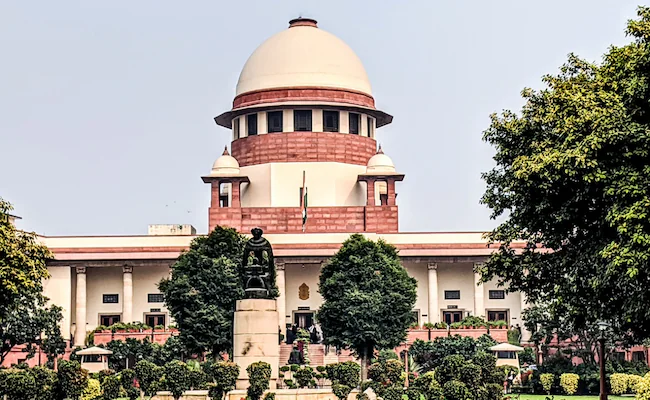The time has come for Indian men to recognise the indispensable role played by homemakers and the sacrifices they make for the family, the Supreme Court said today.
The observation came as a bench of Justice BV Nagarathna and Justice Augustine George Masih ruled that a divorced Muslim woman can seek alimony from her husband under Section 125 of the Code of Criminal Procedure. The bench held that the law for seeking maintenance applies to all married women, irrespective of their religion.
Underlining the key role of homemakers in the family, the court said it is necessary for husbands to provide financial support to their wives. Justice Nagarathna observed in her judgment that an Indian married man must become conscious of the fact that he would have to financially empower and provide for his wife, who does not have an independent source of income, by making available financial resources particularly towards her personal needs, “in other words, giving access to his financial resources”.
“Such financial empowerment would place such a vulnerable wife in a more secure position in the family. Those Indian married men who are conscious of this aspect and who make available their financial resources for their spouse towards their personal expenses, apart from household expenditure, possibly by having a joint bank account or via an ATM card, must be acknowledged,” she said in the order.


Leave a Reply